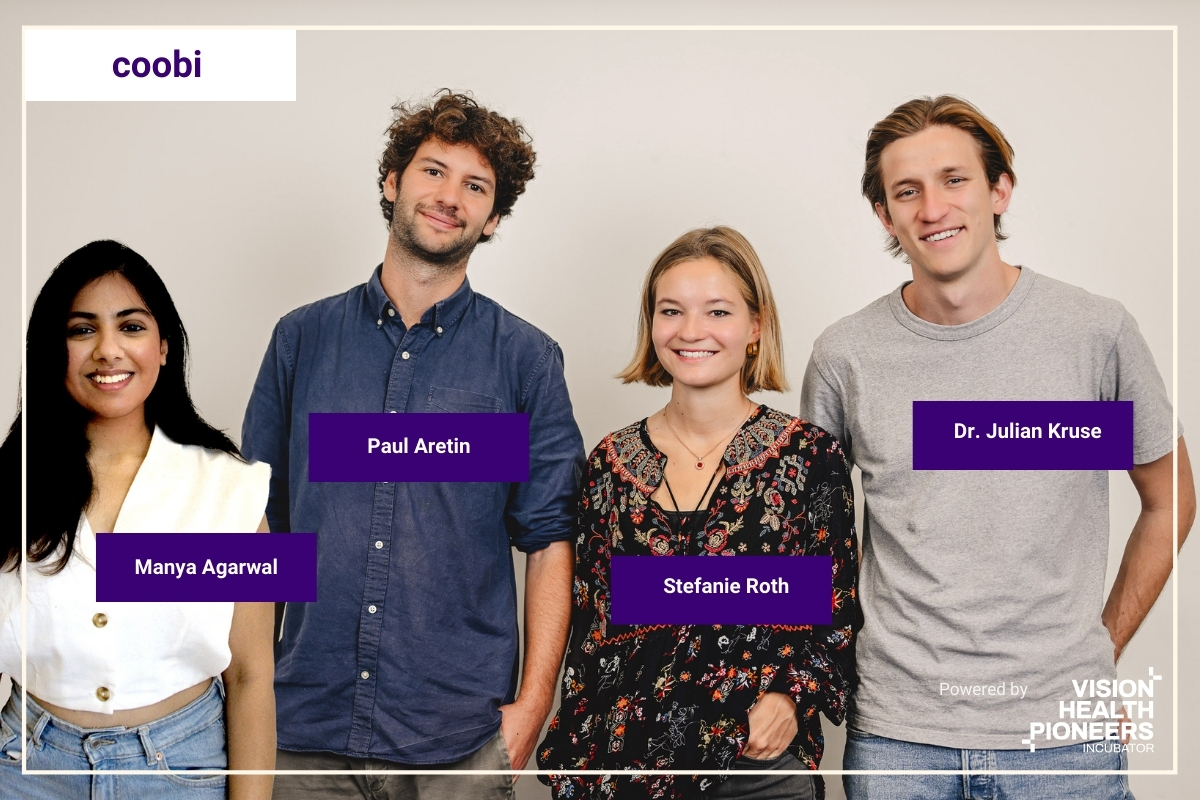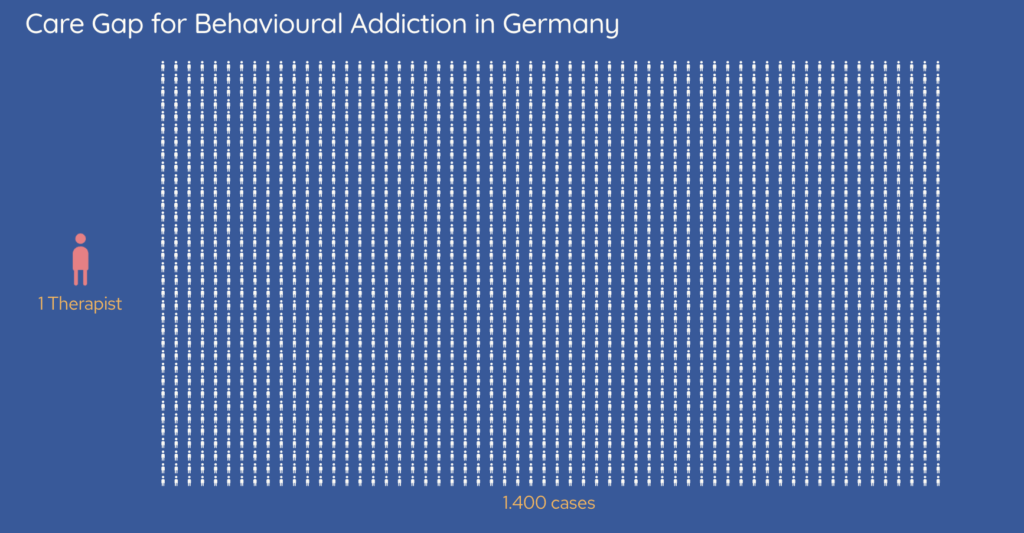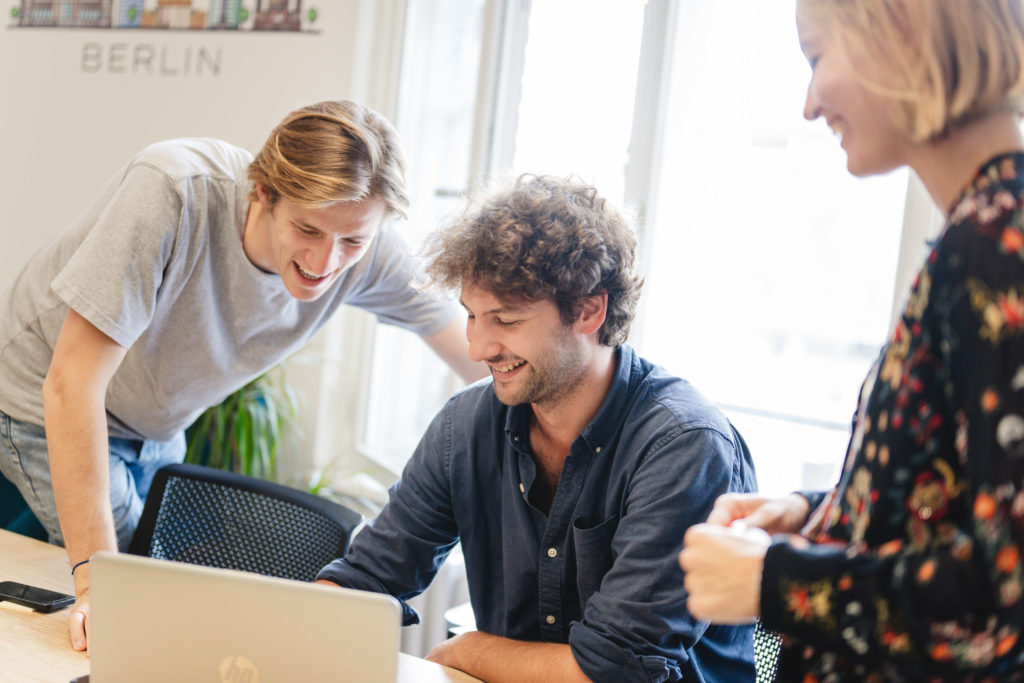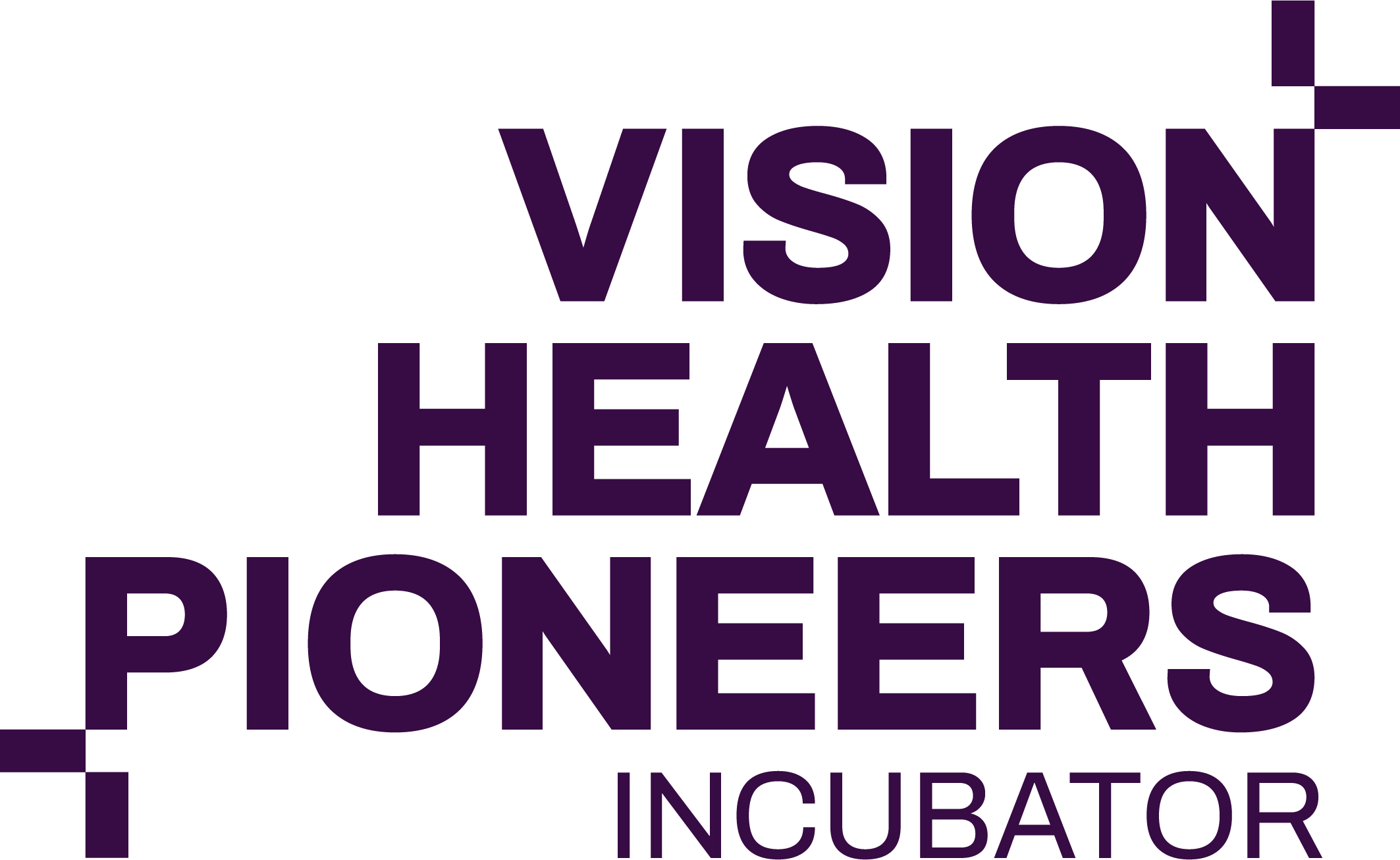
14 Feb What if we could predict and redirect cravings?
Our cohort team coobi has an inspiring mission: to predict cravings and help individuals recover from behavioral addictions.
1 in 10 people globally struggle with a behavioral addiction, and 50-85% relapse within one year after treatment. In Germany, the number of children and young people with media addiction has doubled since the pandemic. A longitudinal study by UKE Hamburg found that 6% of this demographic is now addicted to computer games and social media. The popular documentary “The Social Dilemma” already exposed how dark design patterns keep millions of people addicted to social media and contribute to mental health issues and even suicide. What’s more, the cost of addiction to the individual and society is enormous. Alcohol addiction alone costs German society €57 billion every year.
The good news is that addiction – including media addiction, is slowly moving out of the shadows. More and more people are opening up about their struggles with addiction. People aware of the problem are proactively looking for solutions.
For many, however, the stigma persists. Stefanie Roth, psychologist and founding member of coobi, explains how the impact of stigma and lack of support further aggravates addiction: “Individuals grappling with addiction often face isolation due to societal judgment, leaving them uncertain about reaching out for help. It’s not a topic easily discussed with just anyone, which is why people often withdraw. And when you feel lonely, you’re more likely to fall deeper into addictive behaviors, whether it’s excessive gaming, pornography, or any other form of addiction. It’s a self-reinforcing loop.”
Through a digital solution that detects and predicts cravings, this startup team seeks to break that loop. Keep on reading to learn about the team and its groundbreaking technology!
Meet the Team
Paul Aretin is the co-founder of coobi and the business mind behind the startup. “With a background in business, I have always been interested in finding quick fixes to big problems.” In university, Paul met now co-founder Julian Kruse. “Together, we quickly discovered that most problems one can think of are in the healthcare sector. He, being a doctor, and I, a business person, always discussed what systemic solutions we could find. But then, we both went down different paths. He pursued medical studies and a doctorate, while I ventured into startups and consulting. However, my consulting projects in healthcare brought me back to the realization that I wanted to do something with a high impact, not just consulting.
A friend struggled with addiction, and I saw firsthand the huge care gaps and challenges, especially around treatment and aftercare – in Germany, for example, there is only 1 treating therapist for every 1.400 people affected by behavioral addictions. It became clear to me that this is an area where we can make a significant improvement. I discussed it with Julian, and we connected with a professor from the University of Mainz researching addictions, particularly behavioral addictions. We delved into the research around craving and detection, exploring its implications for treatment and therapy. This led to the idea of coobi.”

Paul and Julian quickly realized they needed additional expertise in the team. “Manya Agarwal, with a computer science background, joined us after being introduced through our network. She found the idea so compelling that she moved from Hong Kong to Berlin to work together with us. To fulfill our goals, we recognized the need for more psychological knowledge and experience. That’s where Stefanie comes in!”
“I have a background in psychology,” says Stefanie, “and have always maintained my interest in psychology and mental health issues, recognizing their significant impact on society. During my studies, I delved into the neurological aspects of addiction as well as its social dimensions, understanding that addiction is intricately influenced by the surrounding social context. It’s always been really important for me to do something with social impact, and addressing addiction is something that has enormous impact potential.”
Immediate support in critical times
“The goal is not abstinence – completely shunning your phone or social media is almost impossible in our modern world. It’s about regaining control by becoming aware of your behavior and choosing different pathways . That’s what coobi seeks to support with.”
Stefanie Roth, founding team member
coobi supports individuals who want to recover from problematic use of digital media with targeted interventions. Stefanie: “Our MVP focuses on people with problematic media habits such as online gaming and social media – issues that have risen exponentially, especially since the COVID-19 pandemic.”
A study by the University of Michigan estimates that 210 million people worldwide suffer from addiction to social media and the internet. Stefanie believes that “this is because they often don’t know how to find help. At the same time, online gaming has only recently been categorized as an addiction, which is why the existing support is still quite limited and some therapists don’t yet take it seriously.”
Co-founder Paul Aretin underscores that what sets them apart from competitors is how they offer immediate support to users at most critical times, through so-called just-in-time adaptive interventions. “This is a scientifically validated approach”, says Paul, “that provides interventions in the moment of craving when the patient is most likely to relapse. These interventions include breathing exercises as well as motivational voice messages – such as a statement about why they want to stop, that the user records at the start of using the app and can listen to again when the craving is high.
We’ve also found that data-driven therapy and JITAIs have the potential to reduce relapse rates by 20%, saving €11.4 billion for alcohol addiction alone.”

How does it work? Paul explains that the MVP enables users to identify triggers by analyzing physiological and psychological biomarkers such as heart rate, heart rate variability, mood, and sleep patterns. This helps them gain a better understanding of which life events lead to problematic media consumption. Coobi then provides personalized coping strategies to reduce media consumption and support users during difficult times. “Our next step is to integrate wearables, which will enable us to track more precise data and predict craving periods accurately, allowing us to take appropriate action.”
Community also plays a vital role in coobi’s solution. “Medical studies show that people who join a community to recover from addictive behavior are 20 percent less likely to relapse than people not joining a community.” That’s why coobi recently launched their beta Discord community, where they can find peer support and helpful resources.
What’s also unique about coobi is how they seek to create a support system for and around the user, by including the people closest to them. “We want to offer them easier contact to a friend or family member, or what we call a reference person,” says Paul, “who they can send emergency messages when they feel really bad and need support.”
Future iterations of the app will also include the option to find a “sponsor”, an idea borrowed from AA (Alcoholics Anonymous), explains Stefanie. A sponsor is someone who recovered from the same addiction, is now sober, and becomes a mentor, supporting the user’s recovery process. “It’s a mutually beneficial relationship. For someone just starting their recovery journey, having a credible person to guide them in goal-setting is very beneficial. On the other hand, for the mentor, who may have been sober for many years, it serves as a reminder of the challenges faced during recovery. It prevents them from falling back into old habits.”
The team emphasizes that the idea is not to replace therapy. “Addiction has many underlying factors, with personal trauma being one driving factor. That is why coobi has no intention whatsoever to replace therapy, which is where factors like personal trauma can be addressed. However, no matter what the reason behind the behavior is, people are often at a loss about how to change that behavior. This is where coobi tries to help.”
What’s ahead?
Currently, coobi is raising their €500K pre-seed round, which will give them 12 months of runway, kickstart their clinical study, initiate their first B2B project, and hire a bioengineer. This week they launched their MVP after only 3 months of development – the first 200 people who are committed to changing their digital habits will get free 3-month access to the app. In the summer, coobi will run a preclinical study together with therapists from the Fraunhofer Institute – their most recent partner, to acquire data through the app and evaluate it in a preclinical context.
By early 2025, coobi wants to penetrate the B2B addiction market, selling product licenses to rehab centers and outpatient centers. By 2026, the startup hopes to become a clinically evaluated medical product that can be prescribed to patients with diagnosed and substance-based addictions and reimbursed by statutory health insurance.
“Our biggest wish for the future? That a solution like ours – which enables just-in-time adaptive interventions, is seemingly integrated into the standard treatment process in Germany.”
Find out more about coobi on their website. Want to be the first to test the app? Send a message to paul@coobi.health



